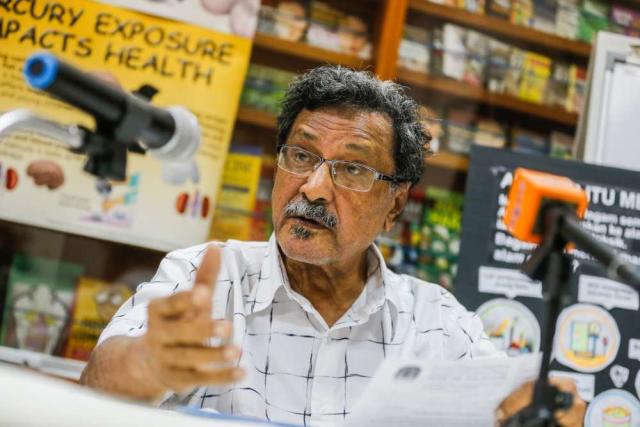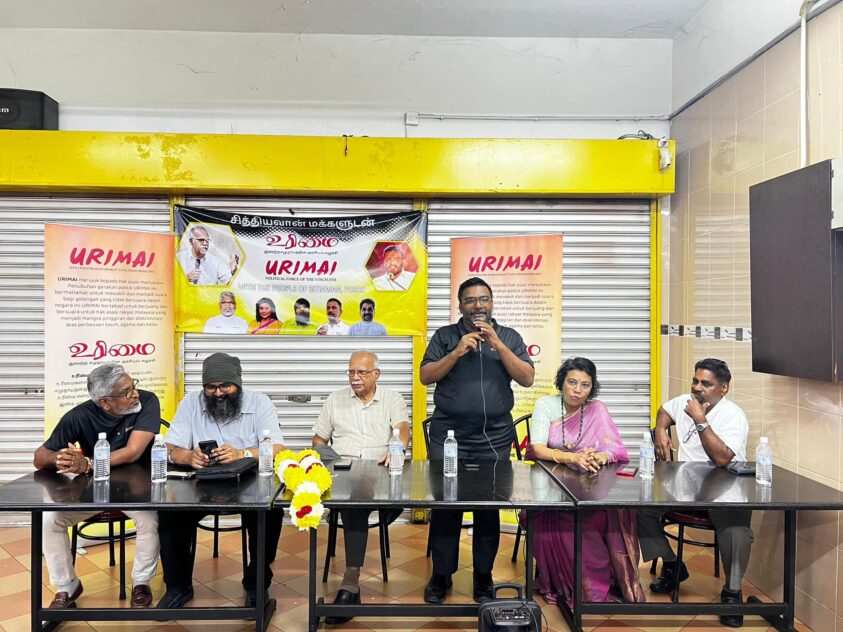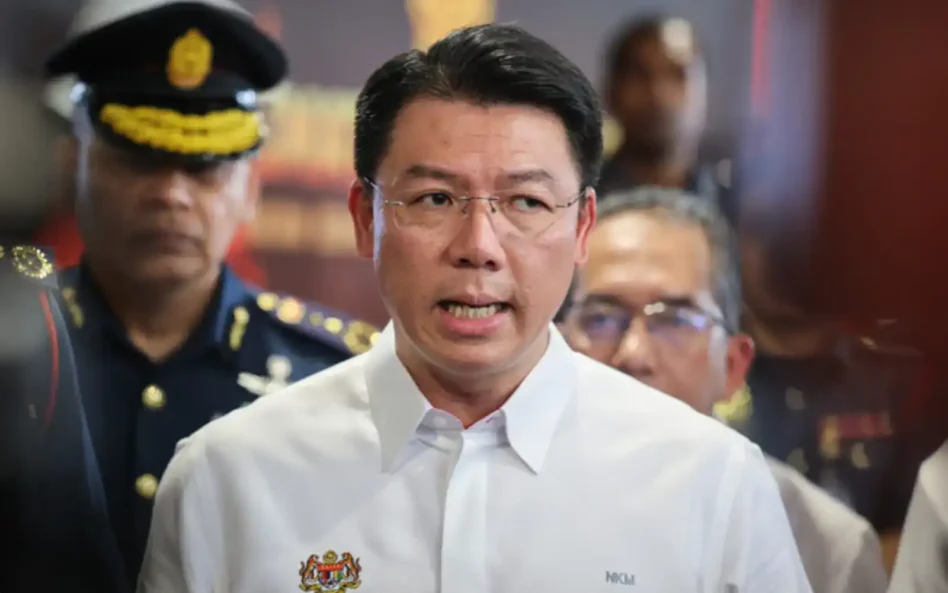BE transparent and provide right advise to the public to ensure the latter are well-informed when getting vaccinated for COVID-19.
“With political instability and conspiracy theories abound, it creates a conducive environment for the anti-vaccine groups to escalate their campaign against COVID-19.
“So the Government should transparent with the vaccination issue and keep the public informed regularly on the coverage, side-effects and its efficacy,” said the Malaysian Public Health Physicians Association president Datuk Dr Zainal Ariffin Omar.
Two days ago, Prime Minister Tan Sri Muhyiddin Yassin announced that the Government had signed a preliminary purchasing agreement with Pfizer, to obtain 12.8 million doses of COVID-19 vaccines to meet the immunisation needs of 6.4 million Malaysians.
The agreement, signed on Nov 24, was aimed at ensuring the Government had access to data to assess the vaccine’s quality, safety and effectiveness and at the same time, ensuring access once it was ready for distribution.
However, several groups have questioned the Government haste in inking the deal, citing lack of conclusive data on its effectiveness.
They have also questioned whether Malaysia has the logistical capability to store and disburse the vaccine on a mass scale, citing the need to store the vaccine under -80 degrees Celcius temperature.
Work with reliable data
Sharing the same concerns, Zainal said there was little data on how long the immunity induced by the vaccine would last after being administered to the public.

“And what is population mass we’re planning to cover? For optimum benefits, we need to cover around 60% to 80% of the population,” he said.
Zainal then urged the Government to be cautious in their approach and not to rush into things.
“Vaccines are costly. Besides, the data we have for now shows that Pfizer vaccines only protect people from suffering severe complications caused by COVID-19, not preventing its infection and spread.
“So, let’s wait until we get enough reliable data and evidences in term of efficacy, effectiveness, safety,” he said.
Galen Centre for Health and Social Policy said that while it welcomes the Government’s pro-active approach in procuring vaccines against COVID-19, it also urged the latter to exercise caution.
Its chief executive officer Azrul Mohd Khalib said with the massive cost involved, it was best for the Government to prioritise frontliners to receive the vaccines first.
“The COVID-19 vaccine by Pfizer and BioNTech, which is a two-dose regiment like most of the leading vaccine candidates, is expected to be priced at US$19.50 per dose.
“This would mean that Malaysia has committed to paying an estimated US$249.6 mil (RM1 bil) for 12.8 million doses.
“The investment is worth it if we are able to prioritise the protection of our personnel working in public services such as in health, law enforcement, sanitation and utilities sectors, as well as those vulnerable such as the elderly, and patients with non-communicable diseases,” he said.
Anti-vaxxers, a bane to public health
Azrul also voiced concerns on the logistical burden involving storage and distribution of the vaccines, a capacity which is beyond most Malaysian primary healthcare facilities.
“Therefore, the reliance will be on the availability of suitable storage units at the state level to ensure that the vaccines’ cold-chain is not interrupted.
“The most challenging part will be the delivery of the vaccines to rural areas. Due to limitations and pragmatic concerns, will urban areas end up being prioritised over rural areas?” Azrul asked.
Addressing the rise of anti-vaccine groups, Azrul also stressed the need for the Government to improve their communication channels to neutralise the widespread misinformation spread against vaccines.
“This past decade has seen a significant increase in vaccine hesitancy, particularly among the Malay population.
“The Government must invest in vaccine communication to address and overcome the high levels of widespread misinformation regarding COVID-19 and vaccines in general,” he remarked. – Nov 29, 2020.










